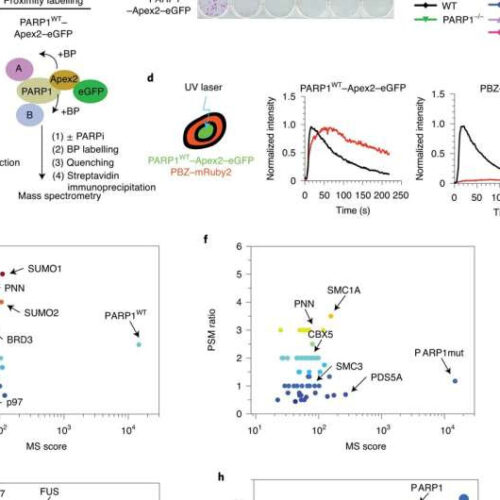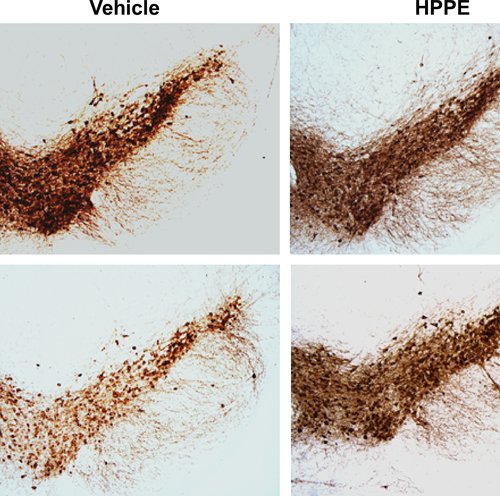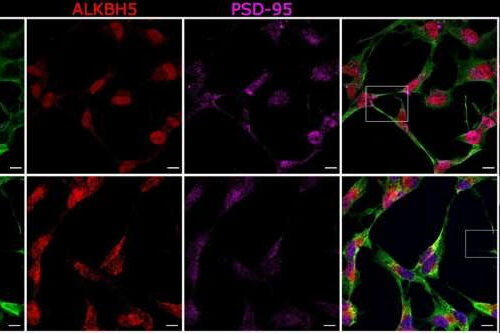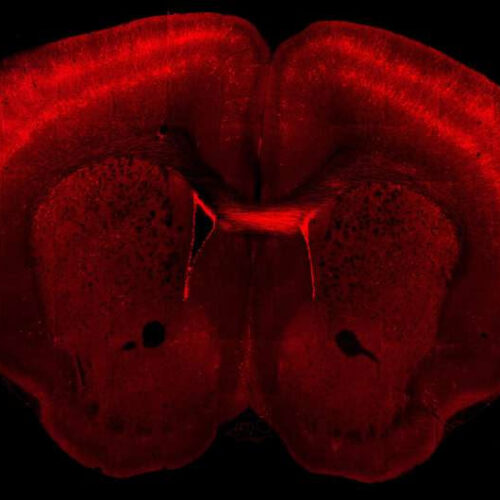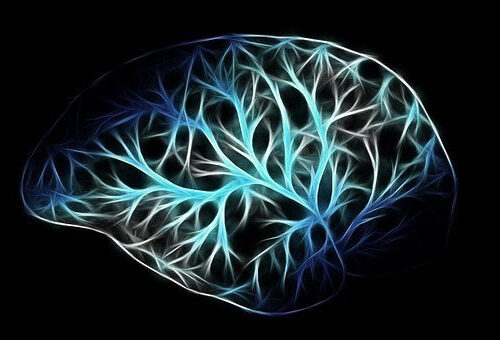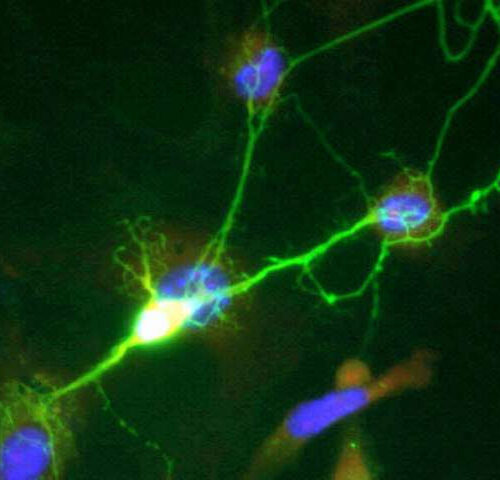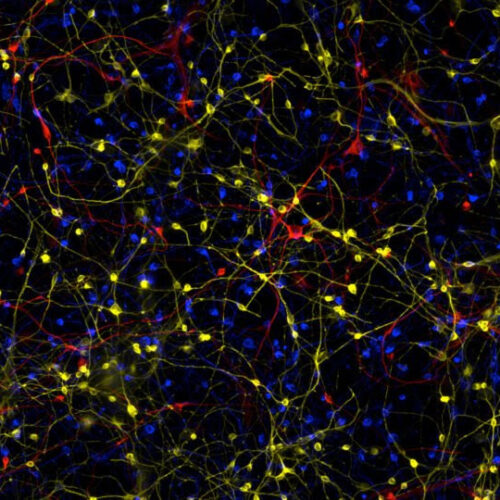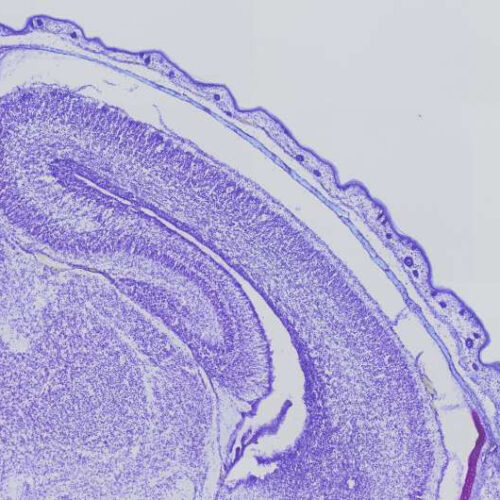One of the greatest mysteries in neuroscience is how groups of brain cells work together to form and maintain memories. Now a team of Columbia neuroscientists led by Attila Losonczy of the Zuckerman Institute has achieved a breakthrough in this area, capturing how brain cells in mice perform computations as the animals navigate the world. The researchers accomplished...
Tag: <span>brain cells</span>
New research suggests memories may be stored in the connections between your brain cells
by Don Arnold, The Conversation Credit: Pixabay/CC0 Public Domain All memory storage devices, from your brain to the RAM in your computer, store information by changing their physical qualities. Over 130 years ago, pioneering neuroscientist Santiago Ramón y Cajal first suggested that the brain stores information by rearranging the connections, or synapses, between neurons. Since...
Deterioration of brain cells in Parkinson’s disease is slowed by blocking the Bach1 protein, preclinical study shows
MEDICAL UNIVERSITY OF SOUTH CAROLINA IMAGE: DOPAMINE PRODUCING BRAIN CELLS (STAINED BROWN) WERE PROTECTED WITH HPPE (RIGHT PANELS) IN NEUROTOXIN-BASED PD MODEL (MPTP; BOTTOM) COMPARED TO VEHICLE CONTROL CELLS (LEFT PANELS). CREDIT: DR. BOBBY THOMAS FROM THE MEDICAL UNIVERSITY OF SOUTH CAROLINA. Parkinson’s disease (PD) is the most common neurodegenerative movement disorder, afflicting more than...
Scientists gain new understanding of how brain cells talk
by University of Nottingham Demethylation of RNA messages occurs during synaptic activation. Credit: The University of Nottingham Experts from the University of Nottingham have discovered that reversing the modification of molecular messages at synapses in the human brain, may contribute to reversible mental health conditions such as anxiety, and memory diseases such as dementia. The findings...
Neuroscientists roll out first comprehensive atlas of brain cells
by University of California – Berkeley Brain slice from a transgenic mouse, in which genetically defined neurons in the cerebral cortex are labeled with a red fluorescent reporter gene. Credit: Tanya Daigle, the Allen Institute When you clicked to read this story, a band of cells across the top of your brain sent signals down your...
Novel finding shows that brain cells conduct antidepressant action even in the absence of activity
Researchers are one step closer to understanding the physiology of antidepressant action in the brain. They have confirmed that even when brain cells are not active, they trigger protein production that affects the function of cells and neural circuits. Credit: Pixabay The work was conducted in the labs of Ege Kavalali, professor and acting chair of the...
Brain cells in Alzheimer’s patients consume resources essential to neurotransmission
by Weber Shandwick Worldwide Credit: Public Domain Alzheimer’s disease (AD), the most common type of dementia, causes the death of neurons and leads to the shrinking of the brain. Patients with AD will eventually experience gradual deterioration in memory, thinking, behavior, and the ability to perform everyday activities. Yet, scientists do not fully understand what causes...
Salk scientists reveal how brain cells in Alzheimer’s go awry, lose their identity
New technique models brain cells in older patients more accurately than ever before Despite the prevalence of Alzheimer’s, there are still no treatments, in part because it has been challenging to study how the disease develops. Now, scientists at the Salk Institute have uncovered new insights into what goes awry during Alzheimer’s by growing neurons...
Defective gene slows down brain cells
by Institute of Science and Technology Austria When analyzing the brain of the mice whose Cullin 3-Gen has been partially deactivated, the scientists found malformations of the cortex. Credit: © IST Austria Within the European Union alone, about 3 million people are affected by an autism spectrum disorder (ASD). Some are only mildly affected and can...
Fresh insight into protein production inside brain cells could help tackle Parkinson’s
PARKINSON’S UK Wednesday 19 May 2021 – New research published today sheds important light on how the production of a key protein in the brain is controlled, which could pave the way for new treatments for a wide range of neurological conditions. In a study part-funded by Parkinson’s UK, researchers investigated a section of genetic material known...

